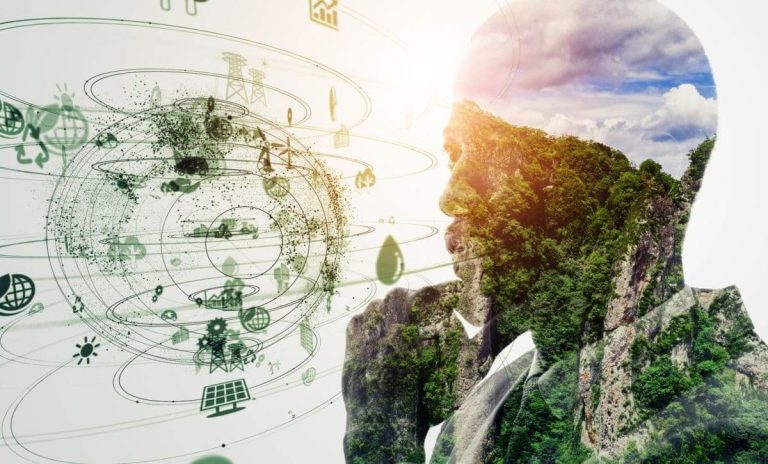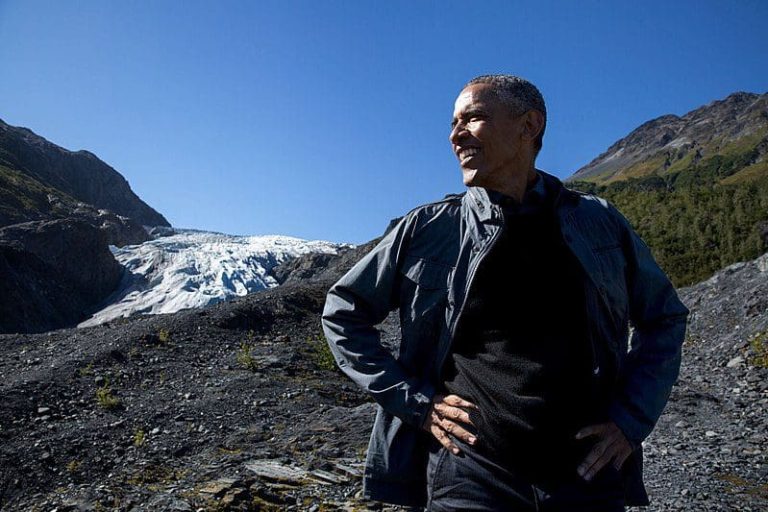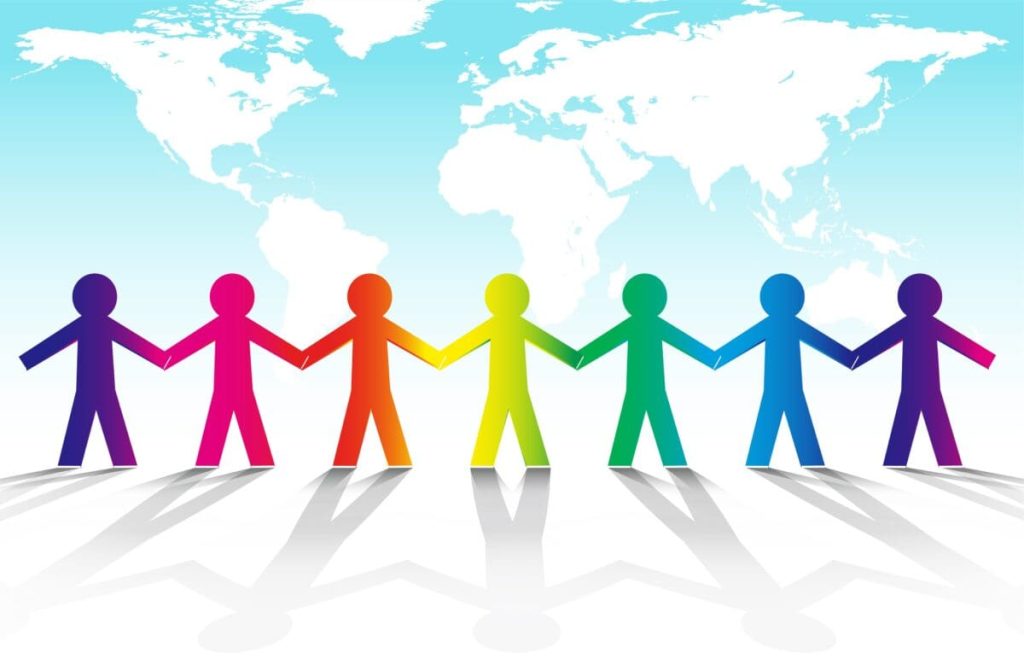
At Unity College, we promote diversity as an exploration of differences in a safe, nurturing and welcoming educational environment where everyone sees their reflection represented in the artifacts and individuals across the college community. Unity College is American’s Environmental College, and we celebrate the diversity of environmental achievements by recognizing heroes of the environmental and ecological movements. Please celebrate with us as we look at the remarkable accomplishments of four LGBTQ change agents whose work improved the world around them by addressing and changing environmental concerns.
At Unity College, you too can become a change agent. Our hybrid learning programs allow you to learn at your own pace with a blend of online and classroom learning. Our terms are short, enabling you to receive a high level and quality of learning in shorter amounts of time. You learn the skills to address environmental issues, find superior environmental jobs, and help shape the future world by making changes today.
There are many environmental concerns that range from environmental protection to wildlife conservancy to sustainable living and green energy. There is enough room for environmental students to follow their hearts by arming their minds with the tools to make positive change.
What is Environmental Activism?
At the highest level, environmental activism is the coming together of individuals, groups, and even nations to address one or more environmental concerns. COVID-19 is an example of an event that produced environmental problems as well as health and safety concerns. The pandemic changed the lives of many people and how nations do business, how we travel, what we can do, and the ramifications of not following guidelines and precautions. It also highlighted the power of nature both as a risk and as a hope for discovering a cure.
Another aspect of environmental activism is educating the public. Grassroots groups spend much of their energy changing the mindset of local communities. An example might be the plan to install nuclear power plants in a specific neighborhood. Whether you are for or against that outcome requires that the public come together to make a decision. That decision is based on the education of the people and the dispelling of myths and untruths.
Environmental activism uses many channels to create support to change or address ecological concerns in the big picture. Those channels include social channels from local communities to social media groups. It also involves the scientific community because science is a way to present facts rather than opinions. Often when a group’s voice becomes large, it reaches out to political leaders for help in changing existing laws or formulate new laws that address the environmental concern.
Below we look at four LGBTQ Environmental Activists who helped address various environmental concerns. We celebrate their achievement and the diversity of what it means to be an agent of change.
1. Rachel Carson
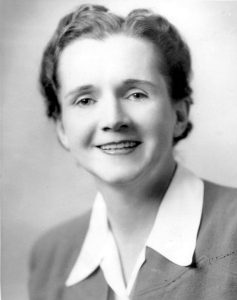 Carson is perhaps one of the most influential agents of change ever. She is known as the “mother of environmental movements,” and her book Silent Spring is moving. Through science, she brought awareness of pesticide misuse and demonstrated why change and regulation were needed. She authored many books, but Silent Spring addressed the rapid changes to the environment in a highly industrial world. She faced threats, legal battles from chemical companies, and social repression when she was labeled an “alarmist.” She died in 1964, but her work lives on today.
Carson is perhaps one of the most influential agents of change ever. She is known as the “mother of environmental movements,” and her book Silent Spring is moving. Through science, she brought awareness of pesticide misuse and demonstrated why change and regulation were needed. She authored many books, but Silent Spring addressed the rapid changes to the environment in a highly industrial world. She faced threats, legal battles from chemical companies, and social repression when she was labeled an “alarmist.” She died in 1964, but her work lives on today.
2. Mahri Monson
 Working at the EPA as an environmental specialist, Monson’s role included the enforcement of environmental laws, especially around pollution. Her goal was to improve and protect communities from heavy polluters while protecting the environment. Her work also includes preparing and guiding the EPA in becoming a place of non-discrimination for transgender and nonconforming EPA employees.
Working at the EPA as an environmental specialist, Monson’s role included the enforcement of environmental laws, especially around pollution. Her goal was to improve and protect communities from heavy polluters while protecting the environment. Her work also includes preparing and guiding the EPA in becoming a place of non-discrimination for transgender and nonconforming EPA employees.
3. Jon Stryker
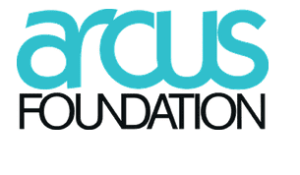 Stryker has a long list of accomplishments as an agent of change. He is a billionaire and architect who champions and funds social and environmental causes. Jon co-founded the Arcus Foundation, which has a mission for conservation for the environment and many LGBTQ causes. He has received awards for distinguished service, and for being a visionary and global change agent.
Stryker has a long list of accomplishments as an agent of change. He is a billionaire and architect who champions and funds social and environmental causes. Jon co-founded the Arcus Foundation, which has a mission for conservation for the environment and many LGBTQ causes. He has received awards for distinguished service, and for being a visionary and global change agent.
4. Pinar Sinopoulos-Lloyd
This front-line icon blends nature and ancient skills with the LGBTQ community. She is a co-founder of Queer Nature, which offers workshops that put people in touch with nature. She and her company work to create naturalists while teaching about nature, ancient skills and handcrafting. By creating a space in nature for people to learn and respect nature and natural ways, Pinar helps to enhance the understanding that nature is necessary. Pinar and her business are nurturers of conservation and environmental justice for the LGBTQ community.
The list of impactful LGBTQ agents of change is long. The five people here represent different aspects of being a change agent. They range from hands-on one-on-one ground-roots efforts to influencing world governments to funding critical programs that make a difference in the LGBTQ community and the surrounding environment.
How You Can Become a Change Agent
The world has never needed change agents more than it does now. There are many ways to help the environment. At Unity College, we offer several hybrid learning programs that help you earn a bachelor’s degree in one of our environmental programs.
A B.S. in Conservation Law Enforcement helps you become the person who enforces environmental law. As a safeguard of natural resources, wildlife, and the environment, you help build a sustainable tomorrow. You can also educate the public and help to create a louder voice that supports environmental concerns.
A B.S in Captive Wildlife Care is a way to help threatened species survive. One of the greatest threats to wildlife is the loss of habitat, and many of the LGBTQ heroes we talk about above saw the need for natural spaces where animals can thrive. Situations such as the massive wildfires in Australia showed us the importance of being qualified to care for wildlife, especially intending to re-release them into the wild. The continued encroachment of humans in wildlands threatens the very existence of wild animals.
A B.S. in Wildlife and Fisheries Biology sets you up to help animals thrive in the wild. Through science and biology, you become the guardian of natural spaces where the natural cycles can remain in place. As a wildlife and fisheries biologist, your role would be to study ecosystems, make recommendations to wildlife agencies, observe natural conditions, and sound the alarm against pollution, toxins, poaching, and encroachment. The number of roles for someone who holds a wildlife and fisheries biology degree is vast. They range from research to population management to education and discovery.
A B.S. in Environmental Science helps to prepare you to become a protector of the environment. As a change agent for the environment, you can improve human health while ensuring that the natural environment remains protected. The range of jobs extends from physically cleaning up polluted areas to educating the public and policymakers about needed changes and conservation. You might work with big companies to reduce pollution and waste or with other groups to provide critical data about issues, projects, and the environment.
A B.S. in Environmental Studies prepares you to address environmental issues such as sustainability, education, and cultural practices on the local, regional, and world stages. The environmental studies degree helps you bridge the differences between humans and nature. It can include research, teaching, and front-line work such as educating the public. It can also set you up to open your own environmental business.
What is in your heart? What are the environmental issues that stir your passions? Are you ready to make a change, to become a change agent? At Unity College, we prepare you to follow your heart down an environmental path. Our hybrid learning degrees allow you to study at your own pace and learn in a modern format. With a blend of online and classroom learning, you experience environmental education with hands-on learning and from instructors who are themselves agents of change.
Are you ready to become a change agent?
If you are interested in learning more about the hybrid learning programs offered at Unity College, contact us today.
